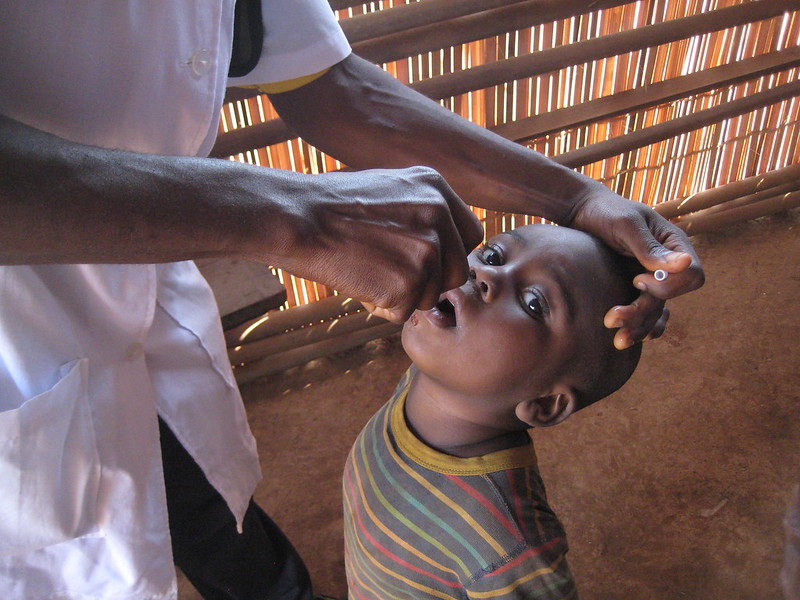The Gavi Group: Working Toward Immunization in Haiti
 Haiti, with a population of more than 11 million, faces dire challenges, as UNICEF’s 2023 annual report indicates that 90% of its residents live in poverty. This economic hardship severely limits access to health care, evidenced by Haiti’s low rankings—163rd out of 191 countries on the Human Development Index and similarly on the Gender Inequality Index. Despite these obstacles, Haiti is determined to enhance vaccination services, expand coverage and combat vaccine-preventable diseases. The country and organizations like the Gavi Group have made notable progress in its immunization efforts, navigating through the COVID-19 pandemic and increasing violence through strategic health interventions and effective partnerships.
Haiti, with a population of more than 11 million, faces dire challenges, as UNICEF’s 2023 annual report indicates that 90% of its residents live in poverty. This economic hardship severely limits access to health care, evidenced by Haiti’s low rankings—163rd out of 191 countries on the Human Development Index and similarly on the Gender Inequality Index. Despite these obstacles, Haiti is determined to enhance vaccination services, expand coverage and combat vaccine-preventable diseases. The country and organizations like the Gavi Group have made notable progress in its immunization efforts, navigating through the COVID-19 pandemic and increasing violence through strategic health interventions and effective partnerships.
The Gavi Group
The Gavi Group, a vaccine alliance, aims to save lives and protect people’s health by increasing equitable and sustainable use of vaccines. This organization has successfully vaccinated approximately 1 billion children in 78 lower-income countries, preventing more than 17.3 million future deaths. Gavi collaborates extensively with various organizations, including UNICEF, advocating for increased support in providing essential vaccinations to low-income areas. In 2022, Gavi partnered with 19 manufacturers that supply prequalified vaccines supported by the alliance.
Zero-Dose Children
The zero-dose children program is one of its main programs, it targets children who have not received any routine vaccines. The Gavi Group defines zero-dose children as those who lack the first dose of the diphtheria-tetanus-pertussis (DTP1) vaccine. Children younger than seven require five doses of DTP1. Due to its high poverty rate, Haiti has many communities that lack access to these essential vaccinations.
Improving Vaccination Rates in Haiti
According to the Gavi group, Haiti has 64,706 children who have not received any routine vaccines. The coverage rate for the DTP vaccine in Haiti rose to 75% in 2022. There has been a consistent increase in the number of children receiving the DTP1, DTP2 and DTP3 vaccines. This progress enables children in low-income communities to grow up without the threat of these diseases. Children are fundamental to the future of our society and need protection. Enhancing vaccination rates in developing countries can potentially improve the future of health care in these areas.
Looking Ahead
Despite facing severe economic hardships, Haiti has made significant strides in improving its immunization rates. Through strategic health interventions and effective partnerships, the country increased its coverage rate for the DTP vaccine to 75% in 2022. The Gavi Group’s efforts have been instrumental in vaccinating thousands of zero-dose children, ensuring they are protected from preventable diseases. These advancements highlight the importance of continued support and collaboration to enhance health care outcomes in Haiti.
– Tess Curran
Tess is based in Boston, MA, USA and focuses on Global Health for The Borgen Project.
Photo: Flickr
